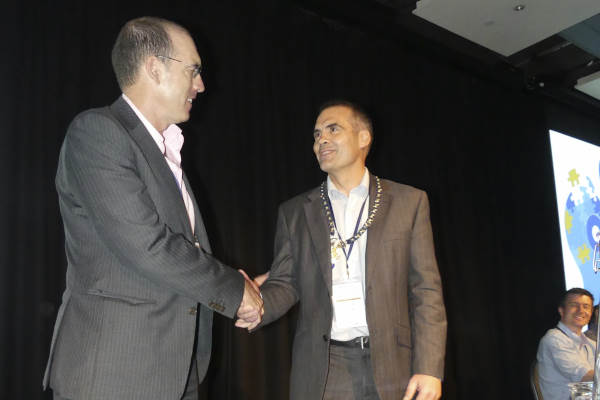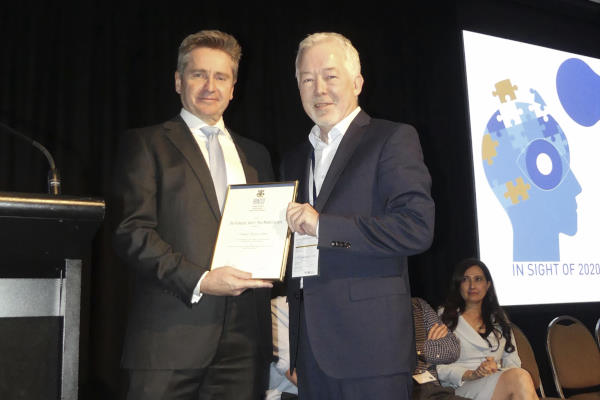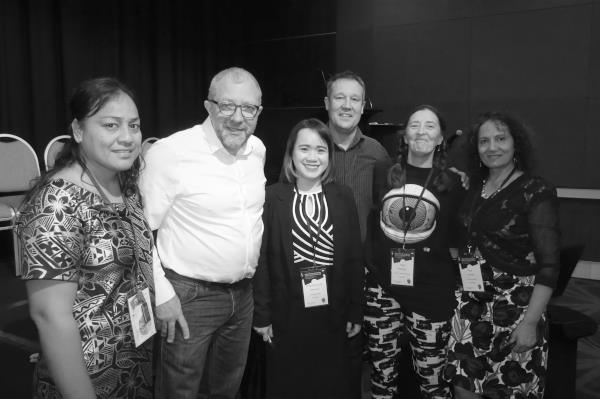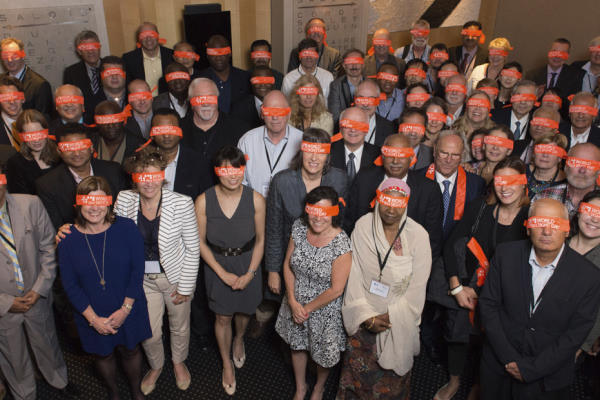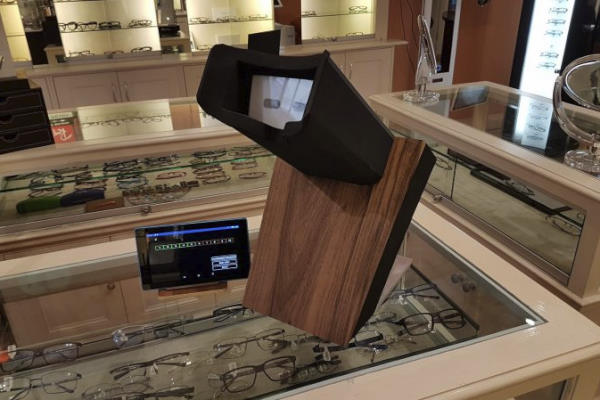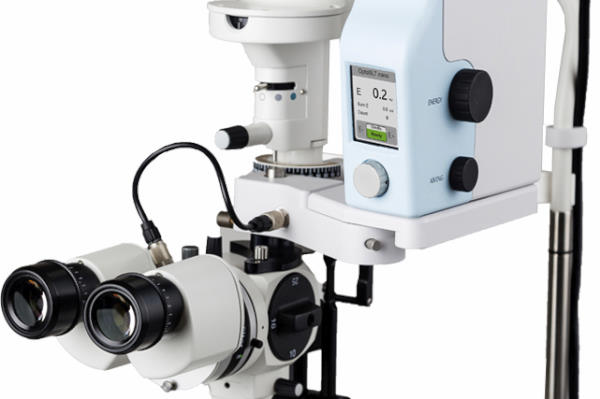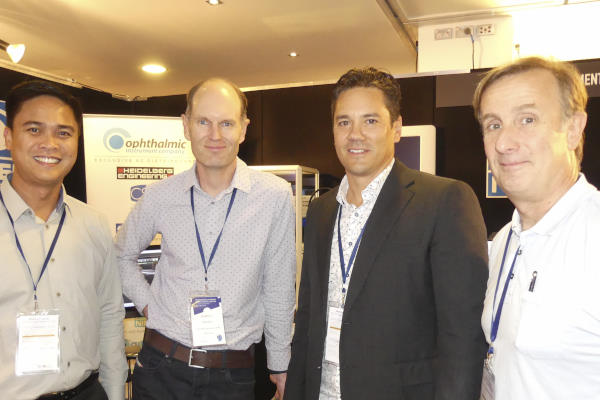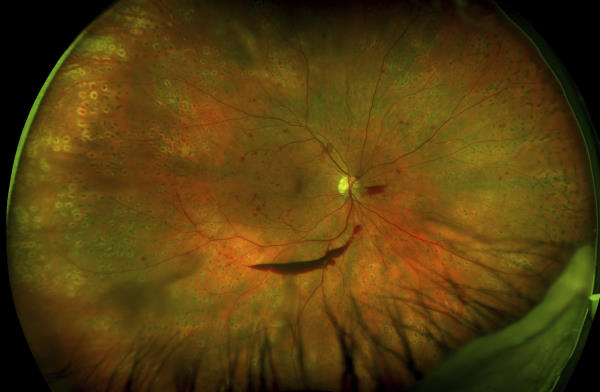RANZCO backs PNG baby screening
UNICEF, the University of Papua New Guinea (PNG) and the Royal Australian and New Zealand College of Ophthalmologists (RANZCO) have joined forces to tackle retinopathy of prematurity (ROP) in preterm babies in PNG.
“Without awareness, prevention and management, an estimated 20,000 to 25,000 babies born preterm each year in PNG are at risk of succumbing to this disorder,” said UNICEF’s David McLoughlin as the three organisations signed a memorandum of understanding to increase awareness around ROP and promote prevention and management.
A general lack of awareness about ROP among service providers and care givers is an issue in many low and middle-income countries, including PNG, and a major factor contributing to preterm babies needlessly losing their vision, he said.
“The importance of teaching a team of ophthalmologists, neonatologists and neonatal nurses all together is critical to the success of this activity,” said Associate Professor Susan Carden from the Royal Children’s Hospital in Melbourne. “Retinopathy of prematurity is a complex disease that requires a team approach to maximize care and identify at-risk premature babies to be screened and treated in a timely fashion.”
Globally, each year, an estimated 15 million babies are born preterm. Approximately 2.4 million (16%) develop ROP, from which 20,000 will become blind and a further 12,300 will be left with visual impairment.
Under this partnership, the University of PNG’s School of Medicine will implement the patient care aspects of the project and roll it out across the country over the next three years, screening about 25,000 babies born prematurely each year.










